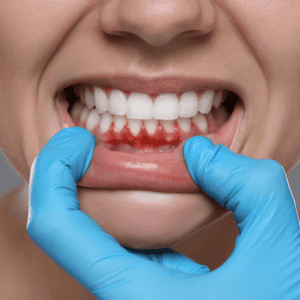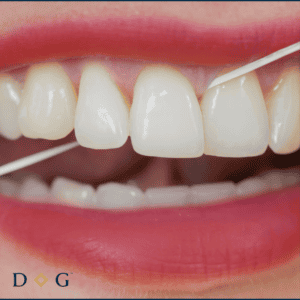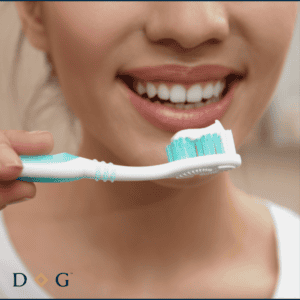Dental health is a critical aspect of overall well-being, influencing everything from confidence and self-esteem to physical health. Poor oral health is linked to various issues such as heart disease, diabetes, and even pregnancy complications. Women, in particular, face distinct challenges due to hormonal fluctuations, birth control and age-related changes. Women experience hormonal shifts at various stages of life—puberty, pregnancy, and menopause—and each stage brings unique challenges for maintaining oral health. Understanding how hormonal changes influence your dental health can help you make informed decisions about your oral care at every stage of life.

Puberty: A Time of Growth and Change
Puberty is one of the first significant hormonal changes a person experiences, and it can bring a variety of dental challenges. As the body transitions into adulthood, there is a surge in hormones like estrogen and progesterone. These hormonal fluctuations can influence both the health of teeth and gums.
- Sensitive and Bleeding Gums: During puberty, your body may react to higher hormone levels by producing swollen, sensitive, and bleeding gums. This can be exacerbated by poor oral hygiene or plaque buildup.
- Increased Risk of Cavities: Hormonal changes during puberty can also affect saliva production, sometimes leading to a dry mouth, which increases the risk of tooth decay. Saliva usually helps neutralize acids and wash away food particles, so a lack of it can contribute to plaque buildup and decay.
Menstruation

Birth Control
Many women use birth control to regulate their menstrual cycles or as contraception. However, certain types of birth control can have side effects that affect oral health. For example, hormonal birth control methods like the pill, patch, or IUD can increase the risk of:
- Gum Sensitivity: The hormonal changes induced by birth control can cause gums to become more sensitive, swollen, or prone to bleeding. This can lead to gum inflammation and an increased risk of gingivitis if oral hygiene isn’t maintained.
- Dry Mouth: Some hormonal contraceptives can lead to reduced saliva production, increasing the risk of cavities and bad breath.

What you can do to help
- Ensure correct brushing technique: brushing for the recommended two minutes and ensuring all the gums are brushed thoroughly is really important. Angle the toothbrush bristles towards the gum line and if using a manual brush, work it in gentle circles. If using an electric toothbrush – hold it steady and let it rotate along the gum-line. Some electric toothbrushes have a 2 minute timer. If not, set a timer, or brush for the length of your favourite song.
- Flossing: brushing can only do so much. Even if your toothbrushing technique is perfect, you still can’t get the tight gaps between the teeth. This is where floss comes in. Slide it between the teeth then gently pull it towards the tooth on one side of the gap right up under the gum, and then toward the tooth on the other side of the gap and then sweep back out.

- Fluoride: a fluoridated toothpaste will help strengthen tooth enamel which can help prevent against decay.
- Diet: reducing sugars in the diet, especially from things like soft drink and fruit juices. These can be very damaging for the teeth. Try to stick to plain milk or water. Water will also help keep you hydrated and improve saliva quantity and quality.

Ask your dentist about hormones and health at your next dental visit. Or, if you haven’t seen us before, why not contact us to book your new patient examination.



